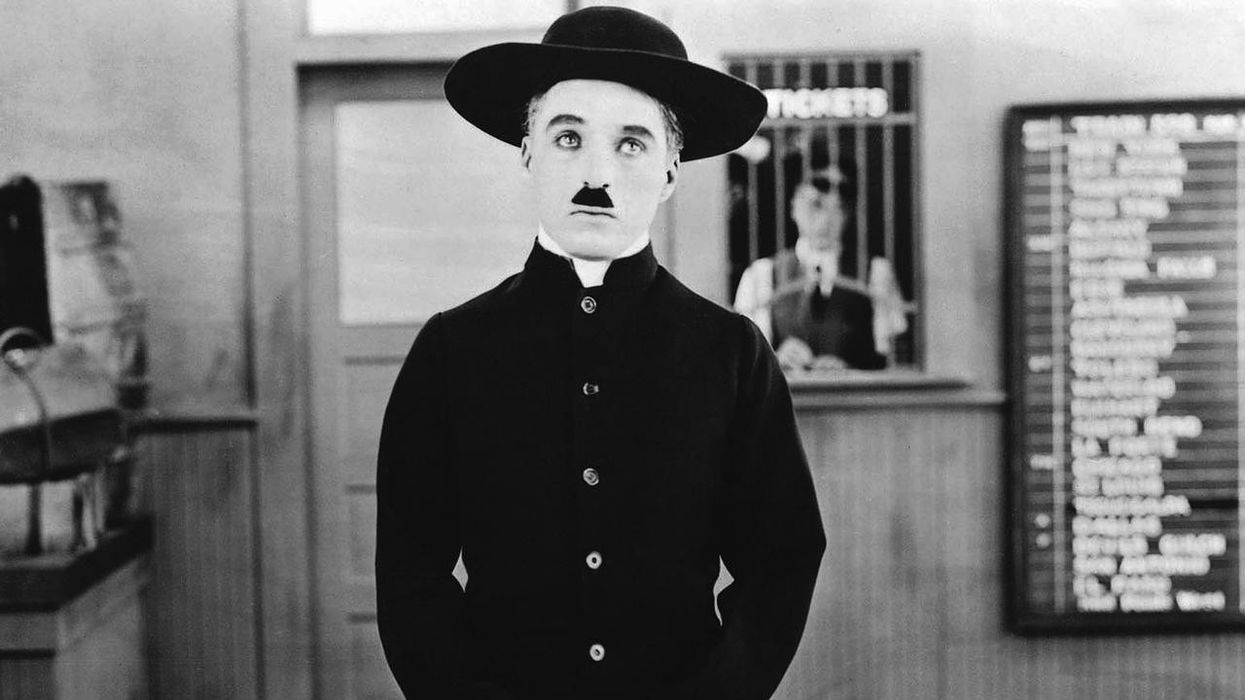You Can Soon Feature Work from Charlie Chaplin, Buster Keaton, & More in Your Own Movie
The public domain grows wider with the addition of several established works from celebrated directors.

If you've ever wondered why a plethora of home video releases from different companies exist of George A. Romero's Night of the Living Dead —in its original black-and-white and oversaturated colorized versions—it's due to the film residing, somewhat famously, in the public domain. Never protected under copyright laws due to an innocent oversight, the film has been restocked, reuploaded, re-sold, and remade several times over.
When an intellectual property has its copyright expire (due to lack of renewal or other legal means), the work goes into the public domain, free of legal protection and proprietor. Having previously covered the collection of films that were entering the public domain this past January, news has now hit of the titles to be included next year on January 1st, 2019.

The films entering the public domain, featuring work by Charlie Chaplin (The Pilgrim and A Woman of Paris), Cecil B. DeMille (his original version of The Ten Commandments), Abel Gance (La Roue), Buster Keaton (Our Hospitality), Raoul Walsh (Lost and Found on a South Sea Island), and more, are from 1923 and, after 95 years in circulation, will hit the "open market" as the calendar strikes 2019.
Why is this the case? Thanks to the Sonny Bono Copyright Term Extension Act of 1998 that placed a 95-year moratorium period on films released from 1923 through 1977, this is the first—serving as an annual tradition through January 1st, 2072—of many announcements that will arrive on January 1st over the next 54 years.
"Extending American copyright law and bringing it into international harmony meant applying 'patches' retroactively to work already created and published."
We frequently receive questions as to whether these titles' legal statuses are recognized overseas. While we will refrain from calling the issue complicated (it's complicated), we can note that copyright claims have grown much more internationally-encompassing over the past 50 years. But for many older titles, things are a little less clear.
As The Atlantic reports, "the United States had long stood alone in defining copyright as a fixed period of time instead of using an author’s life plus a certain number of years following it, which most of the world had agreed to in 1886...But extending American copyright law and bringing it into international harmony meant applying “patches” retroactively to work already created and published. And that led, in turn, to lengthy delays in copyright expiring on works that now date back almost a century." Even so, Duke’s Center for the Study of the Public Domain has done a great service explaining the legal complexities involved in understanding the process.
For an incomplete but lengthy list of 1923 titles hitting the public domain the minute we welcome in the new year, be sure to click here.

 Richard Gere and Uma Thurman in 'Oh, Canada' via Kino Lorber
Richard Gere and Uma Thurman in 'Oh, Canada' via Kino Lorber  Uma Thurman in 'Oh, Canada'via Kino Lorber
Uma Thurman in 'Oh, Canada'via Kino Lorber 









